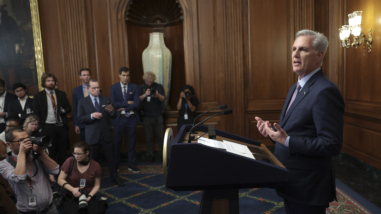Johns Hopkins University
For Support Of The Interactive FP Voices Booth At The 2016 Women Deliver Conference
-
Amount$50,000
-
Program
-
Date Awarded4/27/2016
-
Term12.0 Months
-
Type of SupportProject
Strategies
Overview
The Bill and Melinda Gates Institute for Reproductive Health at the Johns Hopkins University's Bloomberg School of Public Health will be participating in the Women Deliver Conference in May 2016 in Copenhagen. This grant will support the redesign, construction and installation of the "FP Voices" exhibit at Women Deliver. FP Voices is an interactive storytelling exhibit originally created for the International Conference on Family Planning in January 2016 in Bali, Indonesia. The exhibit in Bali was a huge success as it created a dynamic way for all conference attendees to share their family planning stories and insights, and Gates Institute plans to recreate this experience for the upcoming Women Deliver conference.
About the Grantee
Grantee Website
www.jhu.edu
Address
615 N. Wolfe Street, Baltimore, MD, 21205, United States
Grants to this Grantee
for support of the SNF Agora Institute
The SNF Agora Institute at Johns Hopkins University is an academic and public forum that integrates research, teaching, and practice to improve and expand powerful civic engagement and informed, inclusive dialogue as the cornerstone of robust global democracy.
for the Center for Economy and Society at the SNF Agora Institute
The SNF Agora Institute at Johns Hopkins University is a multidisciplinary academic and public forum dedicated to strengthening global democracy by improving and expanding civic engagement and inclusive dialogue, and by supporting inquiry that leads to real-world change. This grant supports the Center for Economy and Society, which is housed within the SNF Agora Institute, and brings together thinkers across disciplines and across the ideological spectrum to reinvigorate debates about politics and economics and identify new possibilities for change.
for support of the SNF Agora Institute
The SNF Agora Institute at Johns Hopkins University is an academic and public forum that integrates research, teaching, and practice to improve and expand powerful civic engagement and informed, inclusive dialogue as the cornerstone of robust global democracy.



